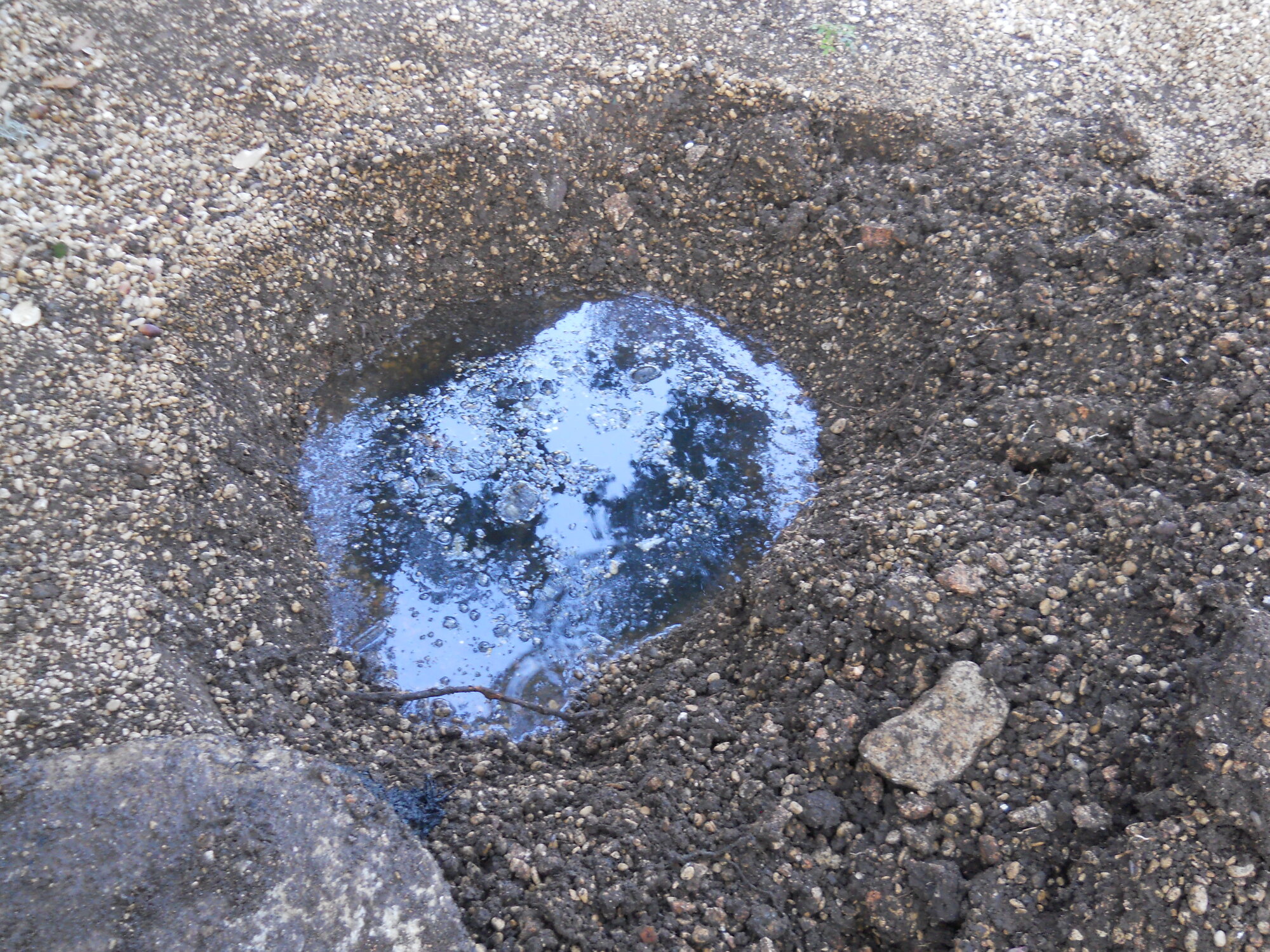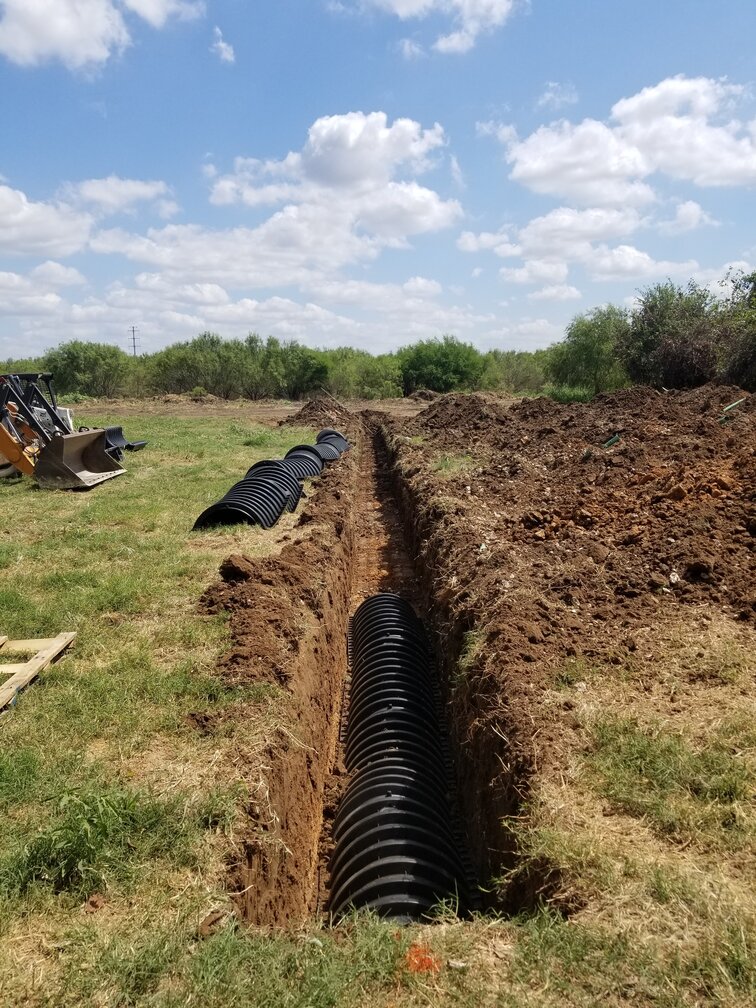Although aerobic systems are more sophisticated than standard ones, they still need routine maintenance in order to function at their peak. Here are some do’s and don’ts for maintaining your aerobic system (tips on standard systems here).
DO hire a TCEQ licensed maintenance provider to service your system. All aerobic systems are required to be checked every 4 months per TCEQ regulations, even if your county doesn’t require a maintenance company to perform the service (there’s a lot more to servicing your system than just adding chlorine, not to mention the health risk of coming into contact with wastewater).
DON’T panic if your alarm turns on — it is usually not an emergency. Call your maintenance provider when your alarm sounds or light turns on and reduce non-essential water usage.
DO hire a maintenance provider that is certified by the manufacturer of your system, and who only replaces the proprietary parts of your system with the same proprietary parts — not with parts for another manufactured system.
DON’T wait several days to report alarm activation.
DO avoid spraying your irrigation sprinklers over the same area of the aerobic system’s distribution area, otherwise excessive wetness/saturation may occur.
DON’T turn the system off.
DO check your chlorinator once a week to once a month on average (depending on your water usage). See our video on unclogging your chlorinator.
DON’T store chlorine in water heater closets or by water heaters. Keep away from gas and electrical. Chlorine needs to be stored in a cool, dry, ventilated area.
DO use ant killer to kill ants if they start mounding by any part of the system.
DON’T use swimming pool chlorine tablets for tablet chlorinators. Only use calcium hypochlorite tablets that are designed for treating wastewater.
DO make sure all parts of the system are easily accessible at all times (do not build over any part, use landscaping that could grow over, etc).
DON’T allow plumbers, landscapers, irrigation companies, etc. to replace anything themselves, or handle any part of the system except adding chlorine and silencing the alarm. Repairs made by the homeowner or others generally voids the system’s warranty, and will make future repairs more costly.
DO be cautious of what enters the system. Items flushed down the commode or poured down the drains do not disappear; they must be treated by the system.
Aerobic systems are designed to treat domestic wastewater and toilet paper only. Things that can harm your system include:
- excessive use of garbage disposal
- fat, grease, and oil
- too many cleaners
- too much fabric softener
- bleach
- cigarette butts
- diapers and wipes
- feminine products
- paper towels
- condoms
- Q-tips
- paint, paint thinners, and varnishes
- drain cleaners and automatic toilet cleaners
- hair combings
- food (fruit, fruit peels, fruit juices, cola, wine, vinegar, salad oil, sugars, coffee grounds)
- dental floss
- kitty litter
- unused medicine
- etc.
Items such as these can cause the cost of maintenance and tank cleanings to be more expensive.
DON’T allow alteration to any part of the system or spray head locations. Alteration puts the system out of compliance and can cause the property owner additional expense to bring it back into compliance.
DO pump your system when recommended by your maintenance provider.
Van Delden takes a sludge test each time your system is serviced. We normally recommend you to pump out all your tanks/compartments when the sludge level reaches approximately 50% or higher in the aerobic unit or if excessive sludge builds up in the pump tank. (The average household will need to have the system pumped every 2-5 years).
DON’T plant landscaping around the system or spray heads. Keep vegetation mowed or trimmed around the system and spray heads. (Spray can only be applied to vegetative surface.)
DO hire a pumping company that is familiar with your make and model of aerobic system and knows what needs to be done to the system when it is pumped in order to avoid causing damage to the system. Each make and model is different in what needs to be done when it is pumped.
DON’T treat the system as city sewer. Economy in the use of water helps prevent overloading the system. Leaky faucets, running commodes, etc. should be guarded against as well. Avoid doing all your laundry in the same day; surges of water entering the system may hydraulically overload the system and throw off the balance of bacteria.
For 86+ years, Van Delden Wastewater Systems has withstood the test of time as the leading Wastewater System company, providing San Antonio, Boerne, and the surrounding Texas Hill Country with services you can count on now and in the future.
Call us for any of your wastewater systems needs and let our professionals help you with your septic installation and maintenance requirements.
Customer Reviews
Peter was personable, professional and thorough. Highly recommend Van Delden. You might be able to find a cheaper company but not better!
On time. 100% professional, knowledgeable, and courteous. Very helpful and straightforward. That is the bar all businesses should strive for.
It has been a pleasure working with your company. Not only did y’all communicate very well but your workers were always polite! Thank you!
“I thank Van Delden for such prompt service. Honest people are hard to come by these days. I will certainly recommend Van Delden to anyone! Jesse is an upstanding young man and very nice to talk to. I thank everyone at Van Delden for taking such good care of me.”
This is just a note to thank you for explaining the problem with my system. You didn’t have to be so kind and I appreciate your good business ethics and time spent. In the future you will have mine in return!






